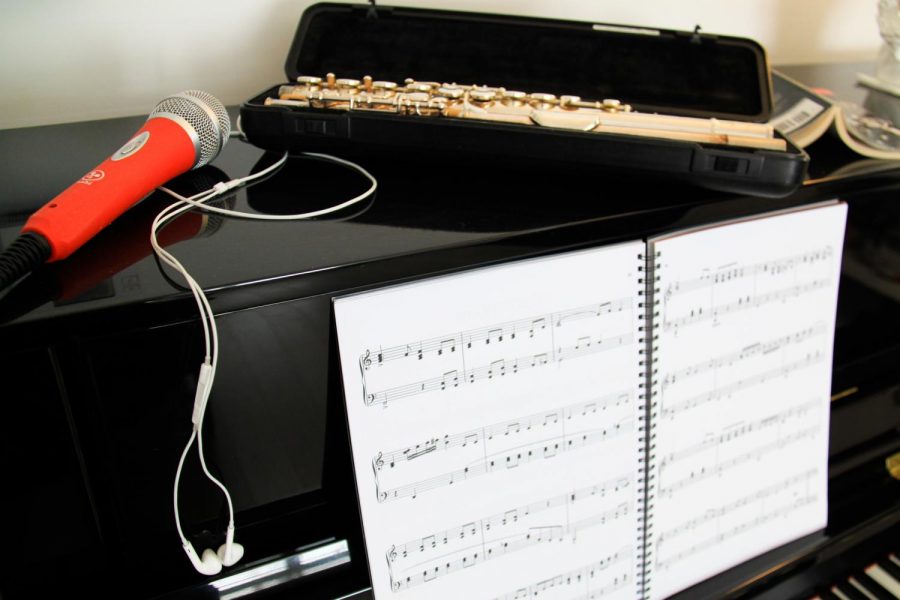When COVID-19 first hit, people found themselves with substantially more time on their hands. As numerous people have turned to music as an escape, the percentage of streaming service subscribers and listeners has drastically increased. It is no secret that streaming revenue does not amount to musician support, as this industry keeps money from the artists and pays very little per stream. It is only now that the most integral parts of the music world — musicians and music venues — are just now receiving relief by the communities they create.
On Sept. 4, 2020, the American online music-merchandise selling company, Bandcamp, announced that their new “Bandcamp Fridays” would remain in effect until 2021. The event entails the company waiving its streaming revenue shares from all sales on the first Friday of every month. This comes highly welcome at a time when the ongoing pandemic has left many musicians unable to afford food, shelter and medical expenses for themselves. Are a few extra royalties enough?
Bandcamp has always been a pioneer for artists, specifically independent artists or labels, to be paid fairly for their music. The usual shares of digital (streams) and physical goods, such as merchandise, for an artist at Bandcamp is 80% to 85% and they are paid daily. It is no shock that this platform was one of the first to aid artists during the pandemic.
What has been an utter disappointment is other streaming services — Spotify, Apple Music, Amazon Music and others — refusing to change their payment rates. Streaming accounts for at least 80% of all music business revenue, but based on Soundcharts analytics, a musician whose song is streamed will make $0.0056 per play on Apple Music and only $0.0032 per play on Spotify. The average artist simply cannot pull in the level of streams necessary to secure a comfortable living at such unfavorable rates.
Not surprisingly, performers in recent years have become heavily reliant on live touring as their main source of income. Live Nation Entertainment reports their concert revenue as having trended upward steadily since 2010, with earnings generated in 2019 having totalled $9.43 billion. Over the past few months, the world’s largest music festivals, such as Coachella and Ultra Music have been postponed or canceled. While concerts and festivals are postponed, venues do not have a source of income. Music venues were among the first to close as the crisis became worse and will become one of the last to open due to occupancy requirements. Music is part of culture, it also creates culture. Think of Greenwich Village without its historical jazz clubs, or Nashville without it’s country music scene. It wouldn’t be the same. Only Nashville has put in the effort to save its live music.
Early in September, another initiative came to the rescue: a resolution for the Coronavirus Aid, Relief and Economic Security (CARES) Act to provide $2 million in funding to independent live music venues in Nashville. It came only two months short of when 14 of the town’s most historic live spots would have otherwise been forced to close. If that were to have happened, countless musicians would have lost their livelihoods.
The unfortunate effects of the pandemic will not be disappearing any time soon, but perhaps COVID-19 was just the wake up call needed to capture onlookers’ attention. “Bandcamp Fridays” serves as an example of what musicians desire and deserve. Nashville’s emergency relief fund saved the jobs of many and preserved the venues where music history has occurred. The music community has the rare opportunity to change the way it operates and the way it assists one another. It cannot be done alone and this week was a promising stride in the right direction.
Email Anastasia D. S. Johnson at [email protected].























































































































































